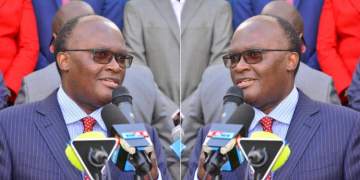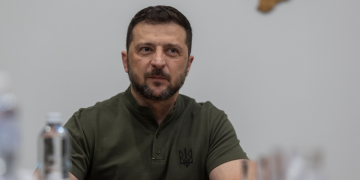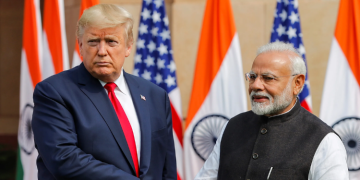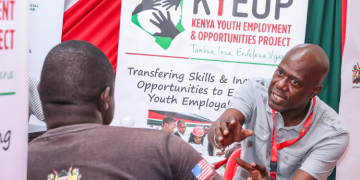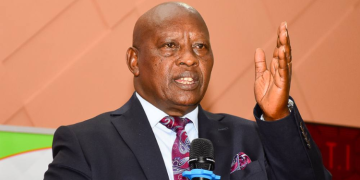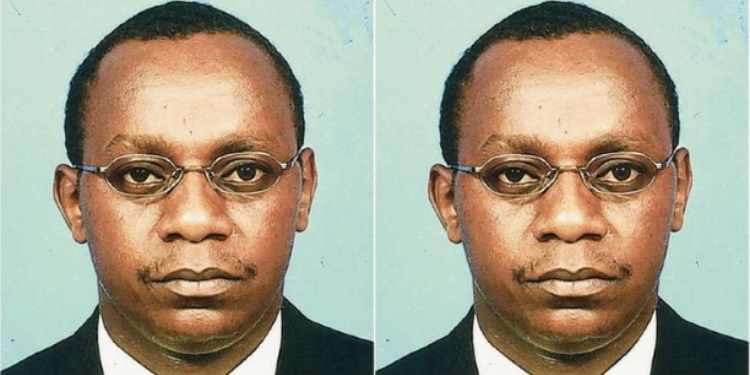On January 16, 2003, William Mwaura Munuhe, a 27-year-old Kenyan journalist and businessman, was found brutally murdered in his home in Karen, Nairobi.
His body was discovered lying in a pool of blood in his bedroom.
Munuhe’s eyes had been gouged out, his face disfigured with acid, likely used by his killers to obscure identification. Bullet wounds were also visible on his body. To stage the murder as a suicide, the killers placed a burning charcoal stove beside his bed to simulate carbon monoxide poisoning.
Before his death, Munuhe was reportedly working with the FBI and Kenyan authorities to help capture Félicien Kabuga, one of the most wanted fugitives for his role in financing the 1994 Rwandan genocide. The U.S. government had placed a $5 million bounty (approximately KSh 650 million) on anyone who could provide information leading to Kabuga’s arrest.
Journalist Mwaura Munuhe Found Dead in His House
Munuhe had interacted with Kabuga through a high-ranking Kenyan government official. This official was reportedly part of a network that was protecting the fugitive. Through these interactions, Munuhe obtained credible information about Kabuga’s movements and location in Kenya, which he shared with U.S. and Kenyan authorities.
Motivated by both the bounty and a sense of justice, Munuhe agreed to lure Kabuga to his home under the guise of a business meeting scheduled for January 14, 2003, as part of a secret operation coordinated by the FBI and local security forces.
However, the operation failed to materialise when Kabuga failed to show up. Munuhe then stopped responding to calls, raising concern among members of the security operation.
Two days later, authorities broke into his home and found his body. The sudden failure of the operation and Kabuga’s absence suggested that someone may have tipped him off, ultimately leading to Munuhe’s murder.
On February 13, 2003, the U.S. Embassy in Nairobi issued a statement expressing deep regret over Munuhe’s death.
Rwanda Genocide Suspect Félicien Kabuga Arrested
The embassy praised him for his courageous cooperation with the FBI and the International Criminal Tribunal for Rwanda (ICTR), noting that he had raised concerns for his safety and was in regular contact with ICTR and embassy officials.
The embassy also acknowledged that his death was directly linked to his efforts in helping track down Kabuga.
After 26 years as a fugitive, Félicien Kabuga was finally arrested on May 16, 2020, in Asnières-sur-Seine, a suburb of Paris, France. He was 84 years old at the time, living under a false identity with assistance from his children.
Also Read: Today in History: Samora Machel Dies in a Plane Crash After a Meeting in Zambia
The arrest followed a joint operation involving French police, Interpol, and the International Residual Mechanism for Criminal Tribunals (IRMCT), with support from law enforcement in Rwanda, Belgium, and the United States.
Kabuga was indicted in 1997 by the ICTR on seven counts, including genocide, conspiracy to commit genocide, and crimes against humanity. He was transferred to The Hague on October 26, 2020, to stand trial.
However, in June 2023, the tribunal ruled he was unfit to stand trial due to mental illness.
Follow our WhatsApp Channel and X Account for real-time news updates.
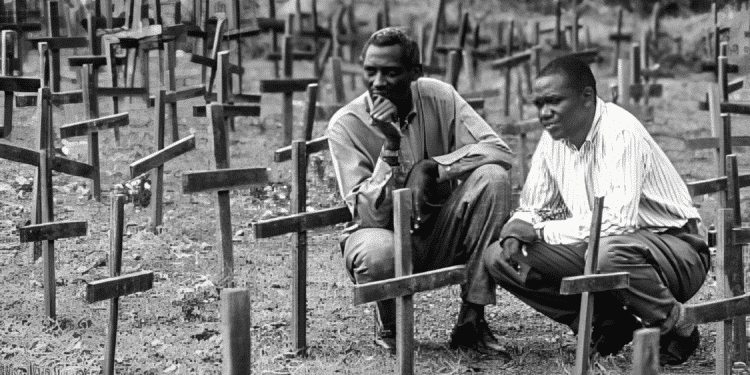

![Court Suspends Sections Of The Computer Misuse And Cybercrimes Act President Ruto Address During Mashujaa Day And How He Honored Raila [Full Text Speech]](https://thekenyatimescdn-ese7d3e7ghdnbfa9.z01.azurefd.net/prodimages/uploads/2025/10/ruto-mashujaa-address-360x180.jpg)


